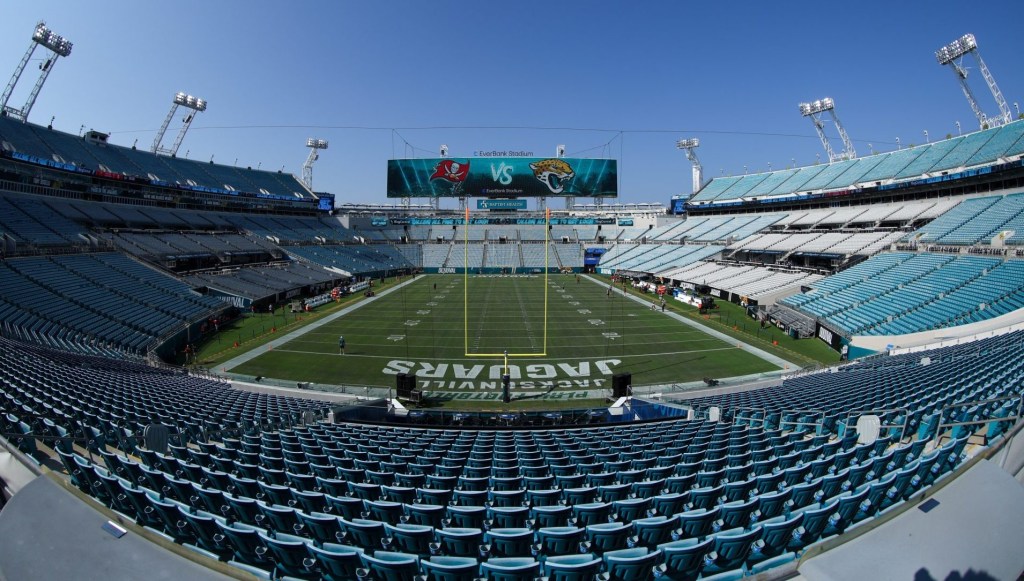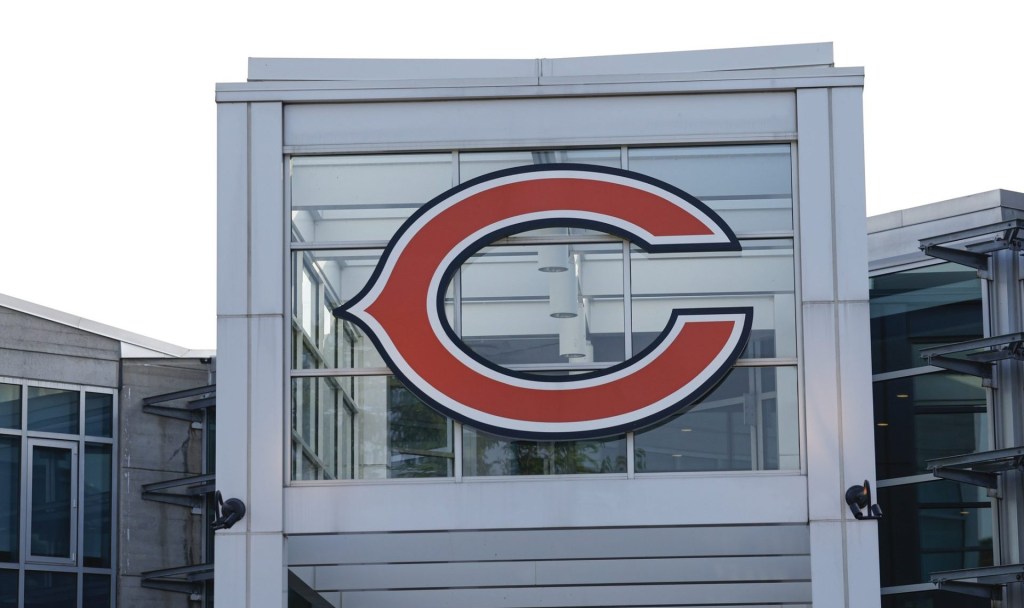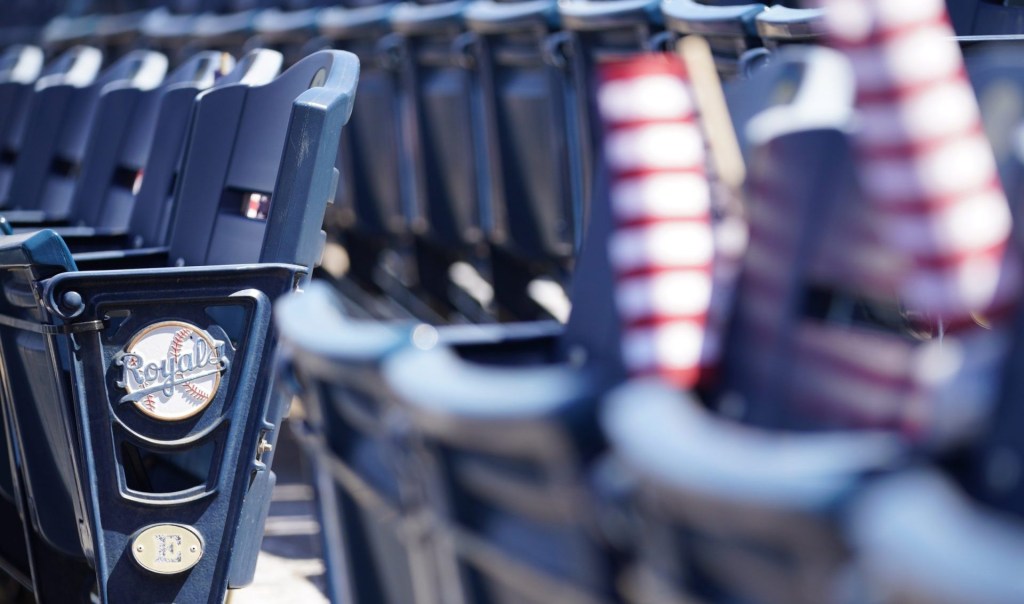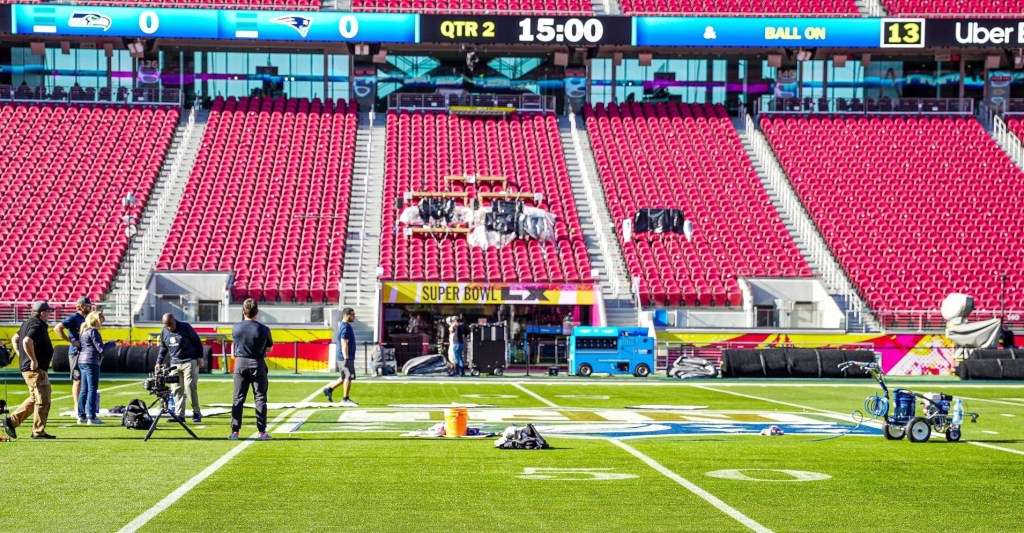Boston mayor Michelle Wu is standing by a controversial stadium plan for the city’s new NWSL team following backlash from residents and at least one city councilor.
The mayor and future NWSL team, currently known as Bos Nation FC, are set to jointly fund the renovation of the 10,000-seat, 75-year-old White Stadium. The Boston Globe reported last week that the project’s costs have roughly doubled from previous estimates. The original cost breakdown was $50 million from the city and $30 million or more from the team. Total costs have now ballooned to nearly $200 million, with about $91 million from the city.
White Stadium hosts high school football, community events, and concerts. Wu says the facility will still be open for community use 90% of the time once the NWSL team moves in.
“Public projects rightly deserve scrutiny & too many stadium projects have left taxpayers in the lurch,” Wu said on social media Wednesday. “I’ve been a fierce critic of bad deals for Boston—not stopping now.”
The mayor then posted a thread of details about the renovation project, including the current disrepair of the stadium, the new NWSL owners’ commitment to pay for more than half the renovations, and annual rent, maintenance, and ongoing money to the community, and the 50+ public meetings that determined the design.
The plan is facing an increasingly intense backlash in Boston. In February, residents launched a lawsuit against the project. They argue the community wasn’t able to give proper feedback, worry about the private use of public land, and have concerns about traffic and congestion around the stadium.
On Monday, Boston City Councilor Ed Flynn released a statement saying residents’ concerns weren’t taken seriously and asking Wu to scrap the project altogether.
“We should cancel this proposal immediately and work together with residents and stakeholders across the city to provide the best option not only for our city and supporting a professional women’s soccer team, but one that incorporates the voice of our residents and student athletes as well,” Flynn said.
This is the second major controversy for the team that’s still more than a year away from taking the pitch.
In October, the team unveiled its name, Bos Nation FC, an anagram of Bostonian. To celebrate, the team ran a campaign about “too many balls,” meant to indicate the changing tide from the city’s dominant men’s sports scene. It was a disaster, with fans saying the concept was transphobic as well as disrespectful to the history of women’s sports teams in Boston. Bos Nation issued a formal apology from the club just one day after the rollout.
“We fully acknowledge that the content of the campaign did not reflect the safe and welcoming environment we strive to create for all, and we apologize to the LGBTQ+ community and to the trans community in particular for the hurt we caused,” the team posted on social media.
The team posted at the end of November that it “launched a deliberate process” to get feedback about its name, suggesting the Bos Nation moniker could be on its way out.
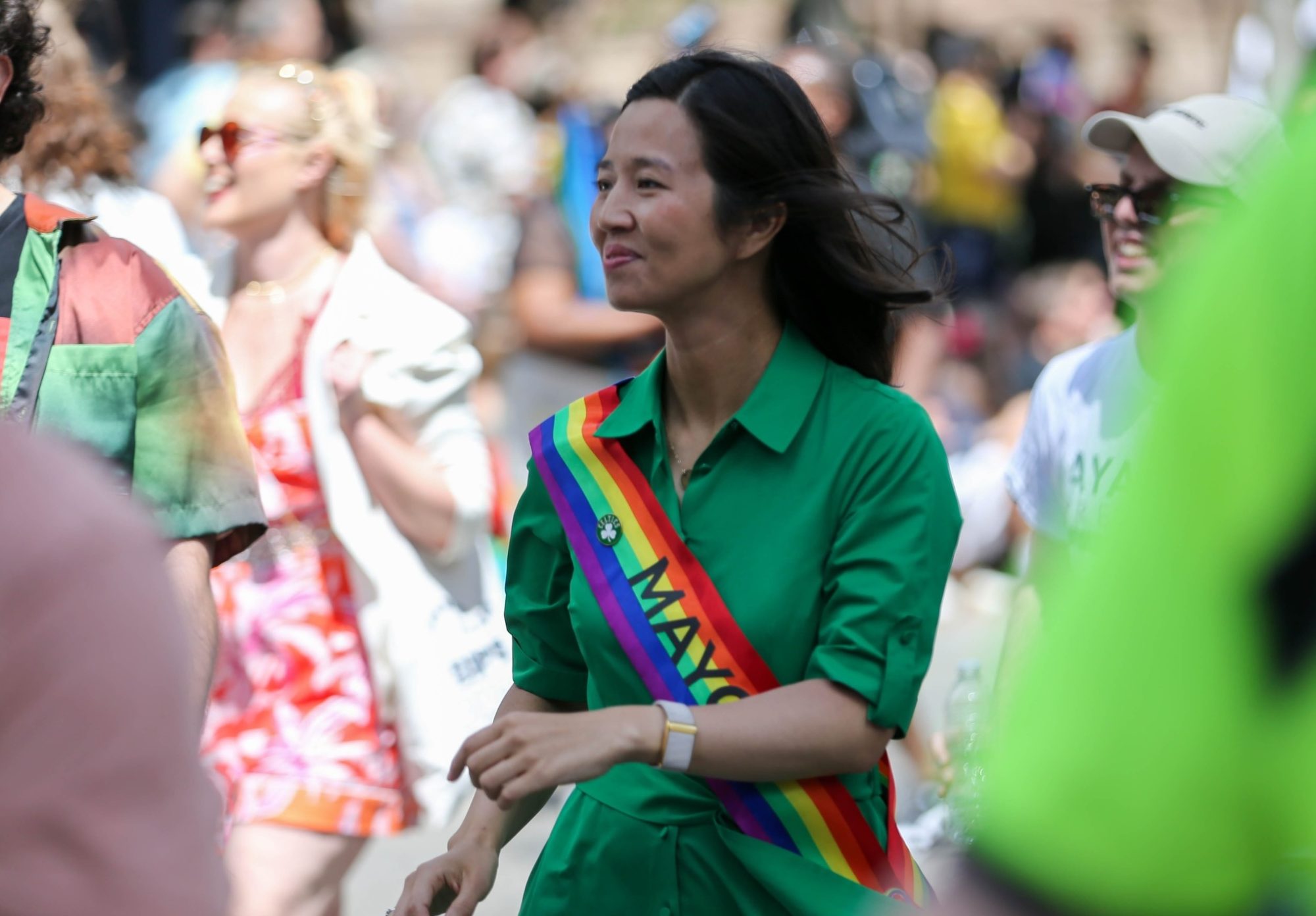




![[Subscription Customers Only] Jul 13, 2025; East Rutherford, New Jersey, USA; Chelsea FC midfielder Cole Palmer (10) celebrates winning the final of the 2025 FIFA Club World Cup at MetLife Stadium](https://frontofficesports.com/wp-content/uploads/2026/02/USATSI_26636703-scaled-e1770932227605.jpg?quality=100&w=1024)



